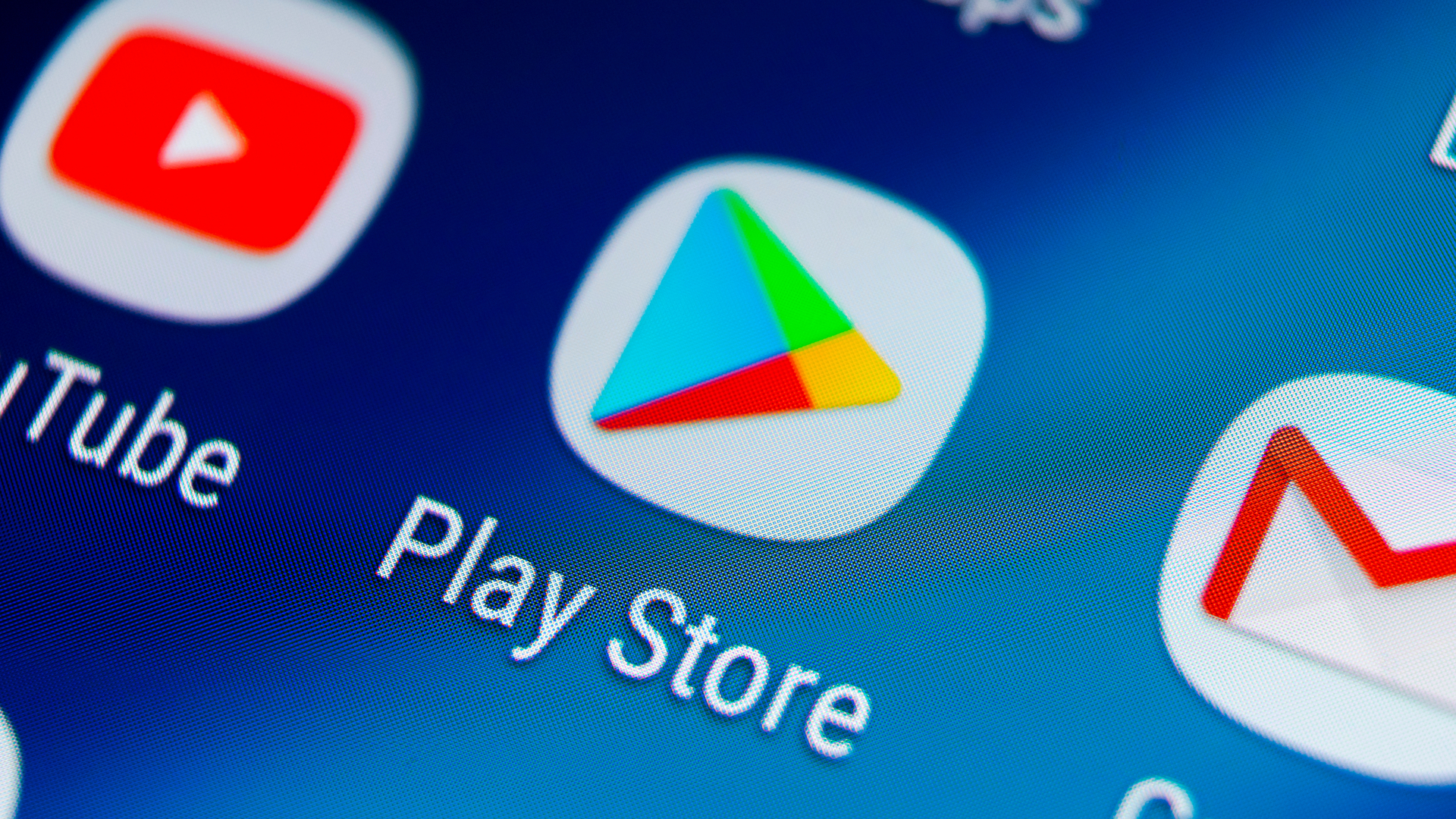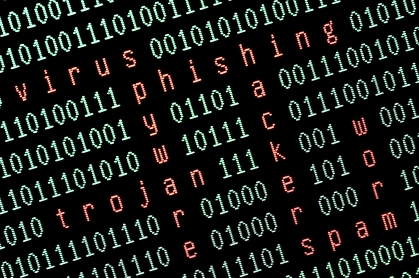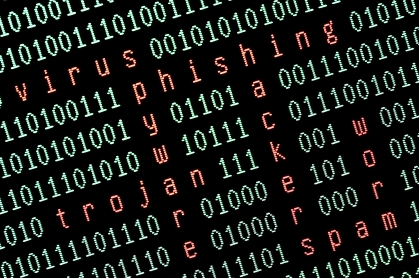Android app strips personal data
Trojan wallpaper app signals a rising mobile data threat

A seemingly innocuous wallpaper app for Android phones is busy stripping personal data and sending it off to a Chinese server.
The One-Piece Wallpapers app, by Jackeey Wallpaper, allows the downloader to personalise the phone's background wallpaper. Ready-made wallpapers include My Little Pony and Star Wars themes.
In the background, the app collects the users phone number, subscriber identity and voicemail password. These are then dispatched to a server at www.imnet.us, housed in Shenzhen, China.
What the recipients will do with this data is not known, but it could be a proof of concept app which is a precursor of more serious exploits in the future.
Google vice president and Android co-founder Andy Rubin revealed recently 160,000 Android devices are activated daily. Exact download figures for the rogue app are not known but are believed to run into millions.
The exploit was uncovered by US security specialist Lookout, which is compiling the App Genome Project, a web site aiming to uncover apps with malicious code hidden inside.
Android apps are not screened for reliability and potential flaws in the way that iPhone apps are. Anyone can publish Android programs but the iTunes vetting process guards the Apple apps store.
Get the ITPro daily newsletter
Sign up today and you will receive a free copy of our Future Focus 2025 report - the leading guidance on AI, cybersecurity and other IT challenges as per 700+ senior executives
This should make iPhone apps more trustworthy but data so far gathered by the Genome Project suggests that these programs are no more trustworthy than their Android equivalents. In fact, the Lookout data suggests that nearly twice as many free apps have the capability to access user's contact data on the iPhone 14 per cent compared with Android eight per cent.
A recent iPhone exploit involved an app called Handy Light which blanked the screen with a chosen colour to turn the phone into a low-powered flashlight.
Inside, the app was code that turned the phone into a 3G modem. This allowed users to surf the web from their computer through the iPhone for free. Not an illegal act but, in the US, AT&T would normally charge an extra $20 (12.80) per month.
-
 Should AI PCs be part of your next hardware refresh?
Should AI PCs be part of your next hardware refresh?AI PCs are fast becoming a business staple and a surefire way to future-proof your business
By Bobby Hellard
-
 Westcon-Comstor and Vectra AI launch brace of new channel initiatives
Westcon-Comstor and Vectra AI launch brace of new channel initiativesNews Westcon-Comstor and Vectra AI have announced the launch of two new channel growth initiatives focused on the managed security service provider (MSSP) space and AWS Marketplace.
By Daniel Todd
-
 Android Trojan charges millions of victims €36 per month
Android Trojan charges millions of victims €36 per monthNews Up to 10 million users across 70 countries are thought to have been affected
By Sabina Weston
-
 Dropper RealShell shows malware devs are getting smarter
Dropper RealShell shows malware devs are getting smarterNews The Android Trojan dropper can avoid existing defences to install malicious files on Android devices
By Clare Hopping
-
 New Mac trojan disguises itself like Space Invaders
New Mac trojan disguises itself like Space InvadersNews Video games, malware and Macs clash head on with a new trojan that runs a game which deletes files by killing aliens.
By Asavin Wattanajantra
-
 Could Hotmail password theft be due to a trojan?
Could Hotmail password theft be due to a trojan?News A researcher says there is evidence that not all of the Gmail and Hotmail account passwords were taken as a result of phishing.
By Asavin Wattanajantra
-
 Could AVG start working on the Apple Mac platform?
Could AVG start working on the Apple Mac platform?News Does AVG, well known for its free security software product, look to provide Apple anti-virus?
By Asavin Wattanajantra
-
 Warning to watch out for infected Windows 7
Warning to watch out for infected Windows 7News Tried to download Microsoft Windows 7 off a torrent site? You may have downloaded malware to go with it.
By Asavin Wattanajantra
-
 Second trojan found in pirated Mac software
Second trojan found in pirated Mac softwareNews Another trojan is planted in a program to take advantage of computer users downloading pirated copies of Adobe Photoshop CS4.
By Asavin Wattanajantra
-
 Pirated copies of Apple iWork 09 infected by Trojan
Pirated copies of Apple iWork 09 infected by TrojanNews More than 20,000 Mac users have already downloaded a version of iWork containing a Trojan which can give control to cybercriminals.
By Asavin Wattanajantra